51 GPTs for Environmental Studies Powered by AI for Free of 2026
AI GPTs for Environmental Studies are advanced computational models designed to support, enhance, and innovate within the field of environmental science. By leveraging Generative Pre-trained Transformers, these tools offer tailored solutions for analyzing, predicting, and solving complex environmental issues. They adapt to a range of tasks from data analysis on climate change to environmental policy formulation, emphasizing their crucial role in providing insights and solutions tailored to the specific needs of environmental studies.
Top 10 GPTs for Environmental Studies are: Statistics Stats,Data Visualization Expert,PDF Translate,IB ESS Companion,Statistics on everything,ImpactGPT by Social Impact World,City of Toronto Data Assistant,Geo Explorer,Geo Guide,Singapore Open Data AI Assistant
Statistics Stats
Empowering Data Decisions with AI
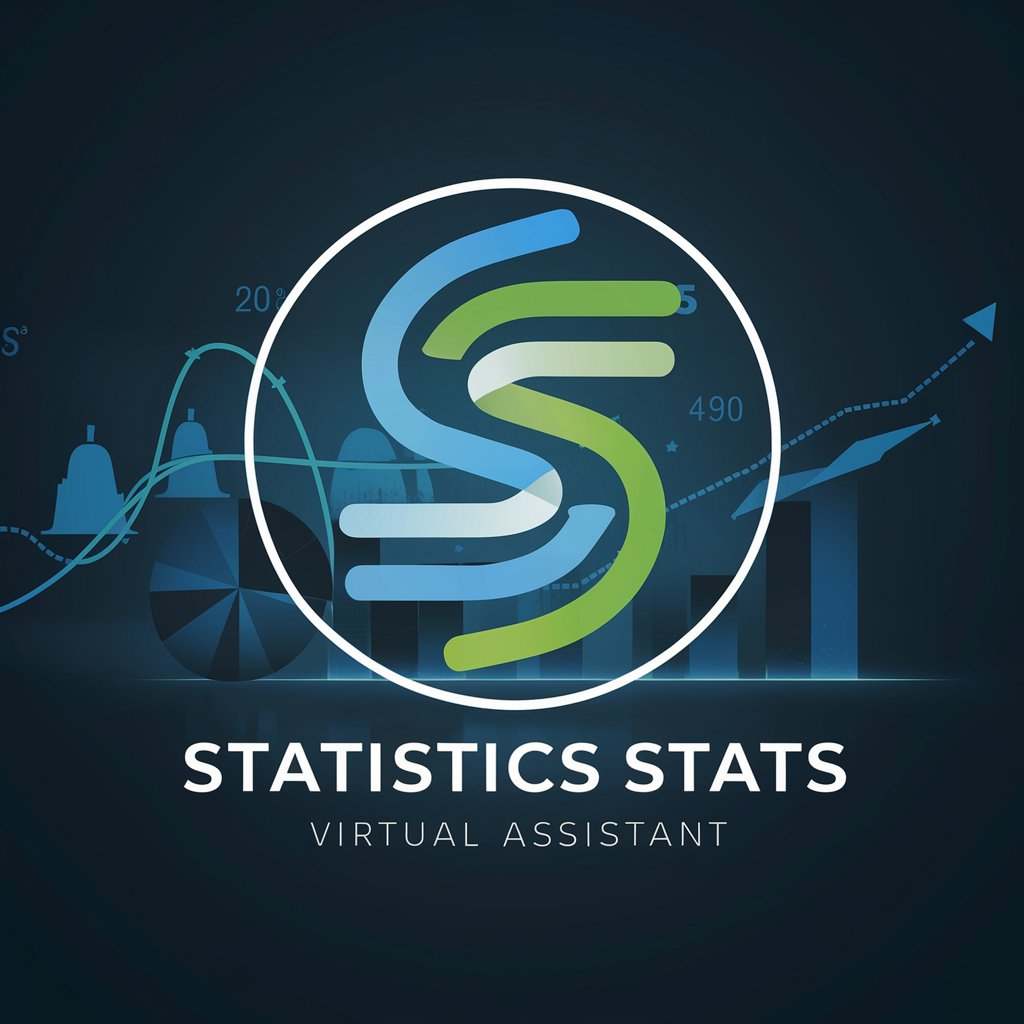
Data Visualization Expert
Visualize Complex Data, Simplified by AI

PDF Translate
AI-Powered Precision in Turkish Translations
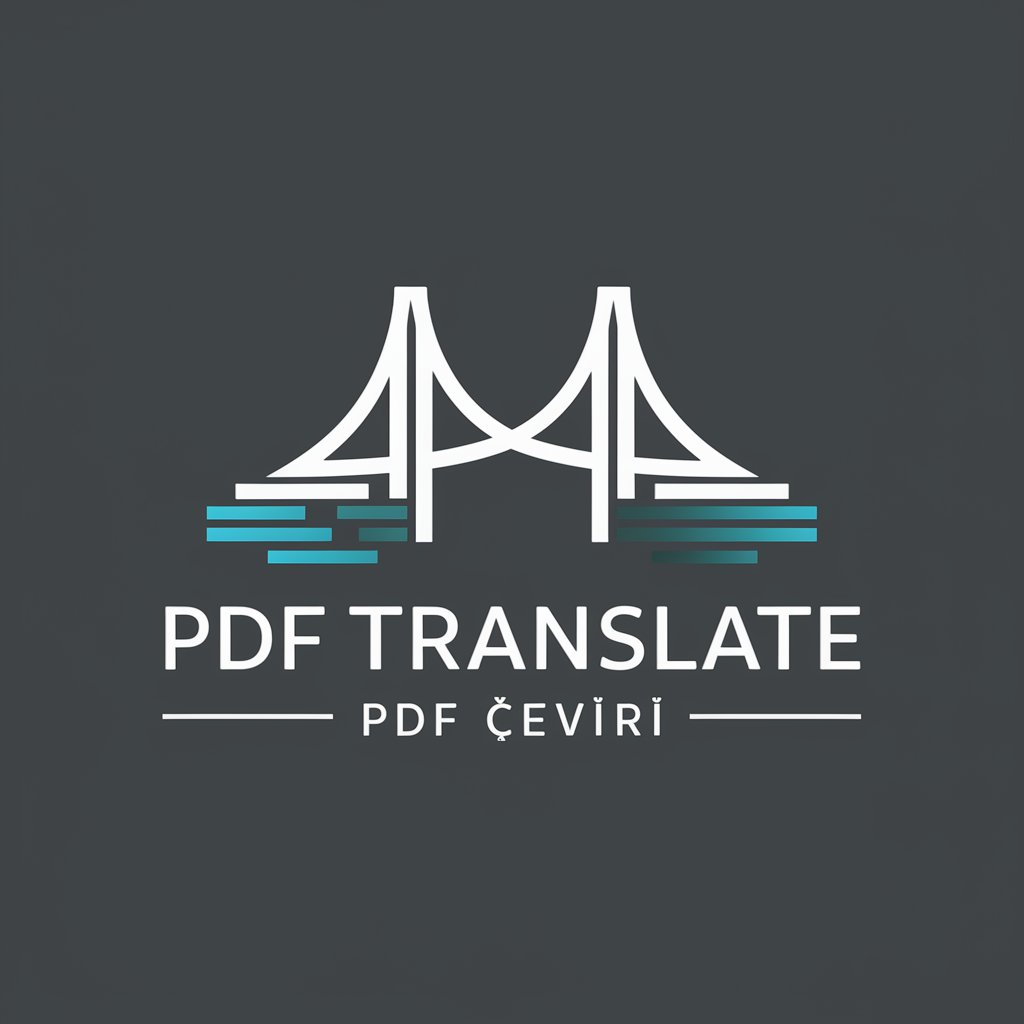
IB ESS Companion
Empowering IB ESS students with AI
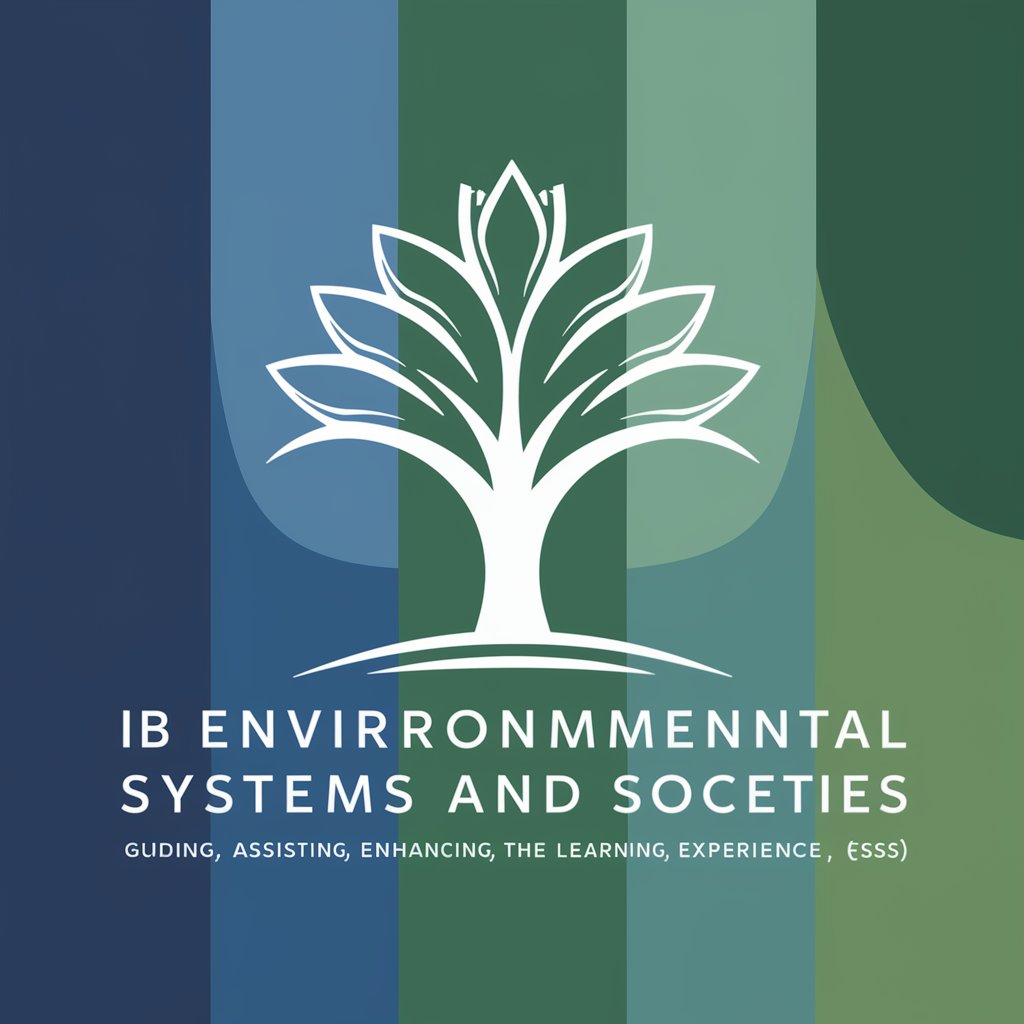
Statistics on everything
Unlock the World of Data with AI

ImpactGPT by Social Impact World
Empowering ESG Decisions with AI

City of Toronto Data Assistant
Empowering decisions with AI-driven city data

Geo Explorer
Explore the World with AI-Powered Insights

Geo Guide
Explore the world with AI-powered geography insights.

Singapore Open Data AI Assistant
Unlock insights with AI-powered data analysis

Departamentos Perú
Mapping Peru with AI-Powered Precision
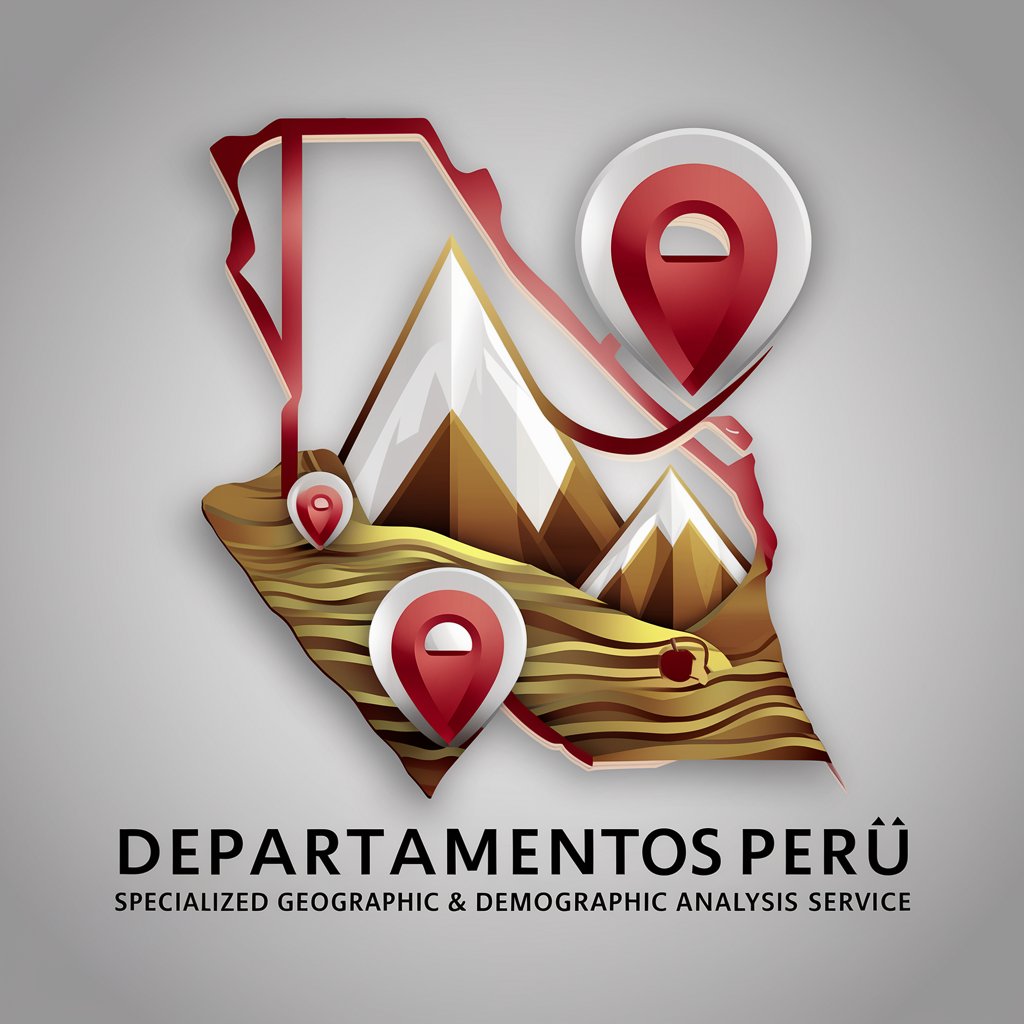
Structured Emergence - Evolving Think Tank
Unlocking Insights Across Disciplines with AI

Geospatial Data Discovery Helper
Unleash GIS insights with AI

Geo Marker
Mapping paths, one marker at a time.
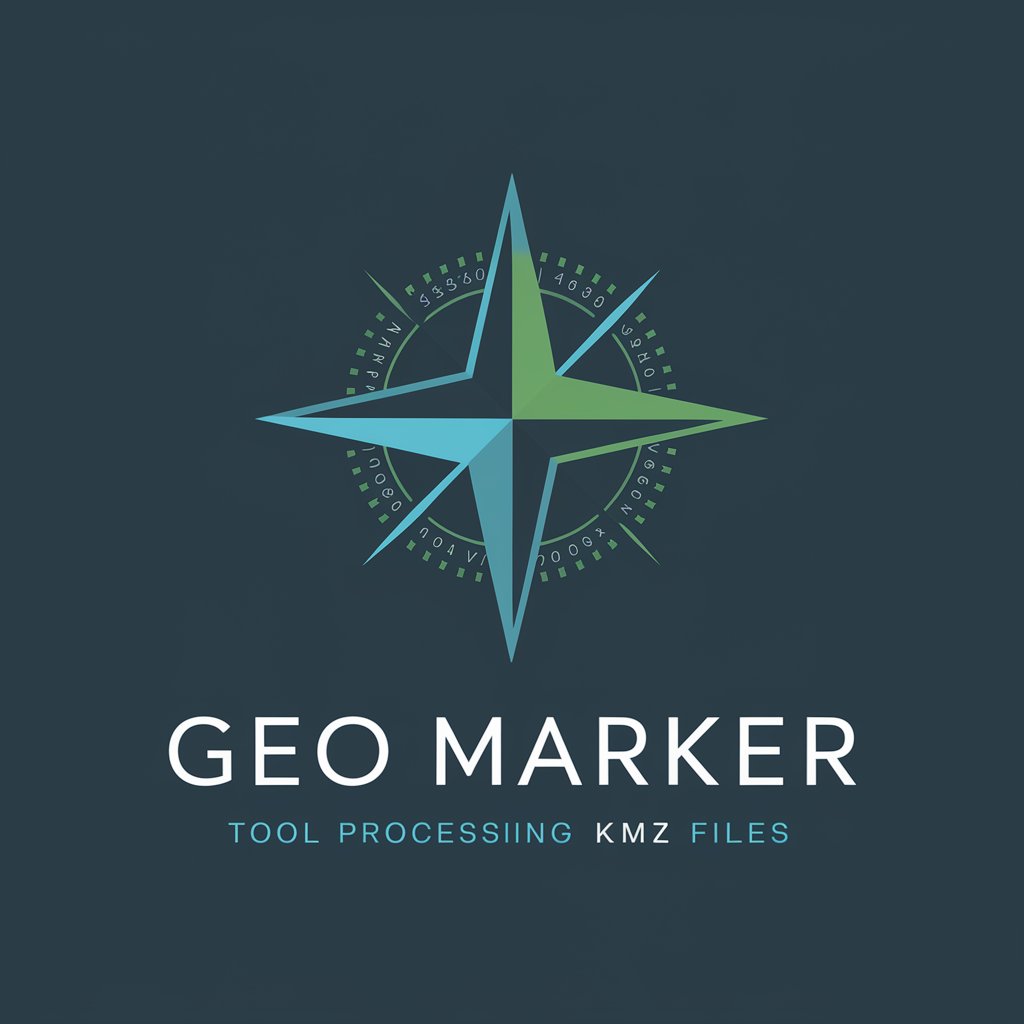
Creature Creator
Craft Imaginary Creatures with AI

Paper
Empowering Knowledge with AI-Driven Insights on Paper

生物
Unlocking the secrets of biology with AI

Energy Sage
Empowering insights into the energy world

Eco Translate Pro
Translating Environmental Expertise with AI
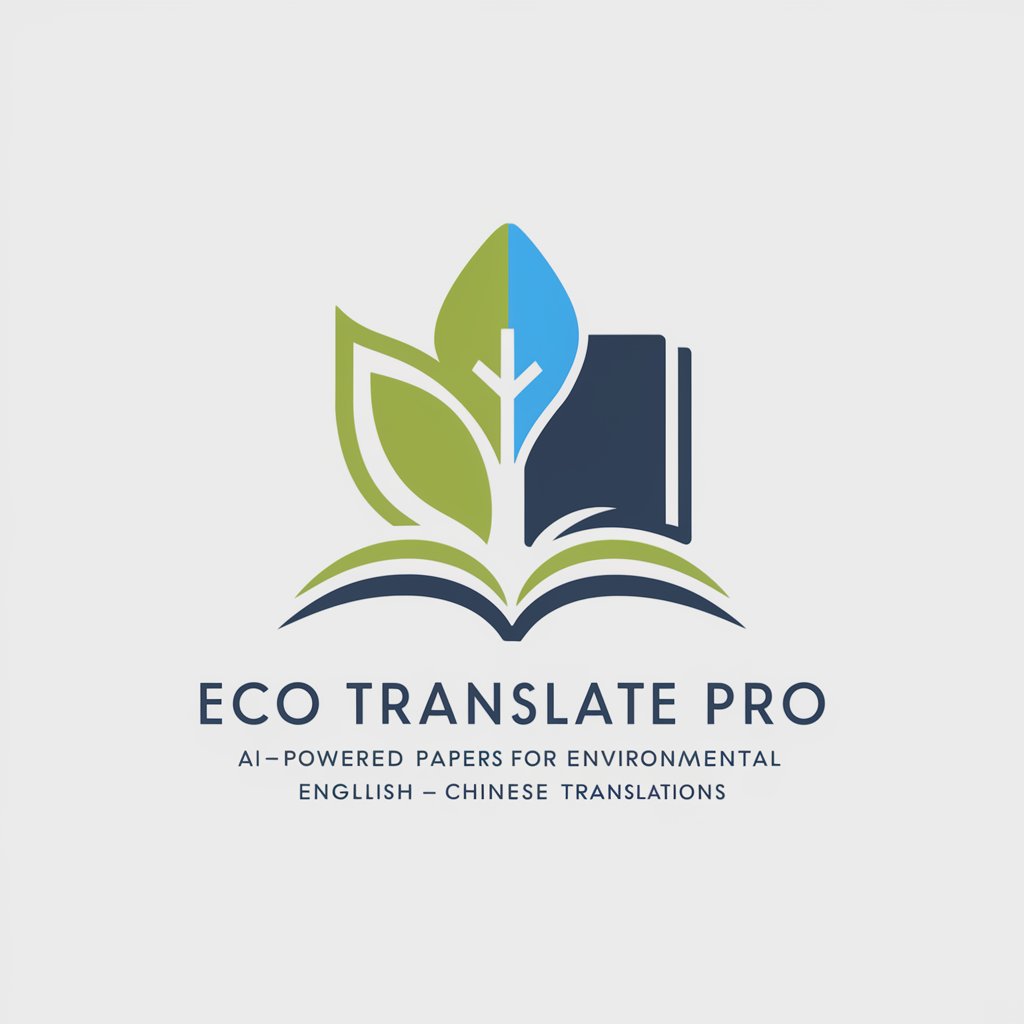
! Bacteria Guide !
Unlocking Bacterial Secrets with AI

USA Maps
AI-powered Geographic Visualizations
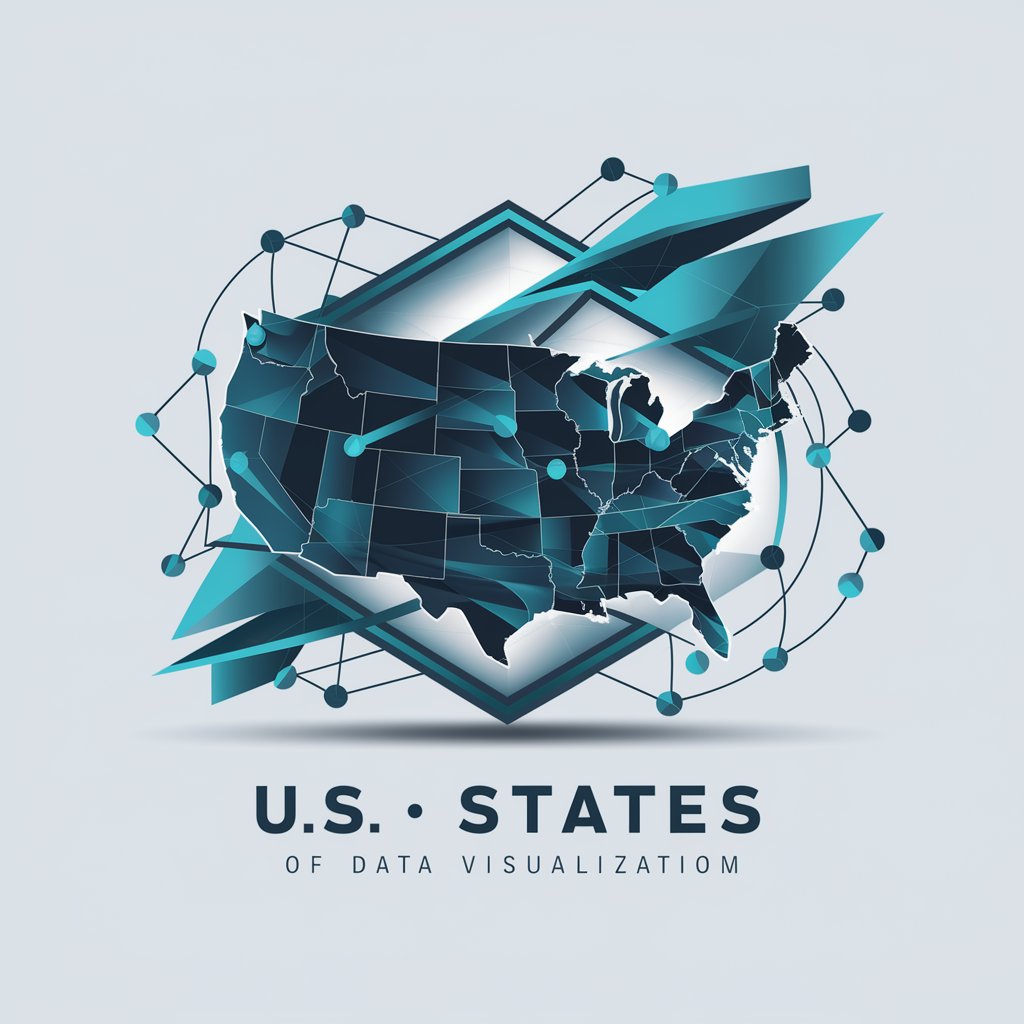
台灣開放資料清單分析助理
Unlocking Taiwan's Data with AI

Whitehead's Concept of Nature
Exploring Nature Beyond Consciousness

Key Attributes of AI GPTs in Environmental Studies
These tools excel in their adaptability, offering a spectrum of functionalities tailored to the environmental domain. Features include advanced data analysis, capable of interpreting and predicting environmental trends, and language processing for drafting and summarizing research papers or reports. Special features may encompass technical support for researchers, web searching for the latest environmental studies, image creation for data visualization, and even programming capabilities for developing custom environmental models.
Who Benefits from Environmental AI GPT Tools?
The primary users of AI GPTs for Environmental Studies span from novices, such as students and environmental enthusiasts, to professionals like environmental scientists, policy makers, and developers. These tools are designed to be accessible to users without coding skills, offering intuitive interfaces, while also providing advanced customization options for tech-savvy users and developers seeking to tailor the AI's capabilities to specific projects or research areas.
Try Our other AI GPTs tools for Free
Emotional Understanding
Discover how AI GPTs for Emotional Understanding revolutionize interactions by analyzing and responding to emotions, making digital experiences more empathetic and personalized.
Rational Discourse
Discover AI GPTs for Rational Discourse: Enhancing logical debates and critical thinking through advanced AI technology. Tailored for educators, professionals, and curious minds.
Introspective Inquiry
Discover AI GPTs for Introspective Inquiry, tools designed to deepen self-understanding and philosophical exploration through personalized, AI-generated insights.
Advanced Reasoning
Explore AI GPTs for Advanced Reasoning, specialized tools designed for complex problem-solving and analysis, accessible to experts and novices alike.
Accommodation Suggestions
Discover personalized lodging options with AI GPTs for Accommodation Suggestions, leveraging advanced AI for tailored travel experiences.
Personal Budgeting
Discover how AI GPTs for Personal Budgeting revolutionize financial management with personalized advice, expense tracking, and data-driven insights for users of all levels.
Expanding Horizons with AI GPTs in Environmental Fields
AI GPTs in Environmental Studies are not just tools for data analysis; they are partners in innovation. They offer user-friendly interfaces that democratize access to advanced environmental analytics, and their integration capabilities mean they can easily become part of existing workflows, enhancing efficiency and providing new perspectives on sustainability and environmental protection.
Frequently Asked Questions
What are AI GPTs for Environmental Studies?
AI GPTs for Environmental Studies are specialized artificial intelligence tools designed to assist in the analysis, prediction, and understanding of environmental data and trends, utilizing the power of Generative Pre-trained Transformers.
How can these tools aid environmental research?
They assist by analyzing large datasets on climate change, biodiversity, and pollution, providing predictions, summarizing research findings, and offering insights for policy formulation and environmental management strategies.
Can non-technical users utilize these AI GPT tools?
Yes, these tools are designed with user-friendly interfaces that require no coding knowledge, making them accessible to students, educators, and environmental enthusiasts.
What customization options are available for developers?
Developers can access APIs and programming interfaces to tailor the AI's capabilities, integrate them into existing systems, or develop new applications for specific environmental research needs.
How do these tools manage data analysis?
They utilize advanced algorithms to process, analyze, and interpret environmental data, facilitating trend analysis, pattern recognition, and predictive modeling for various environmental phenomena.
Are these tools applicable to environmental policy making?
Absolutely. They can synthesize vast amounts of environmental data to support evidence-based policy making, offering insights and recommendations for sustainable and effective environmental policies.
Can AI GPTs generate reports on environmental studies?
Yes, they can automatically generate detailed reports, summaries, and visualizations of environmental data, aiding in the dissemination of research findings and insights.
What makes AI GPTs unique in environmental studies?
Their ability to process and analyze complex environmental data at scale, coupled with their adaptability for a range of tasks from technical analysis to policy advice, makes them invaluable tools for advancing environmental science and sustainability.